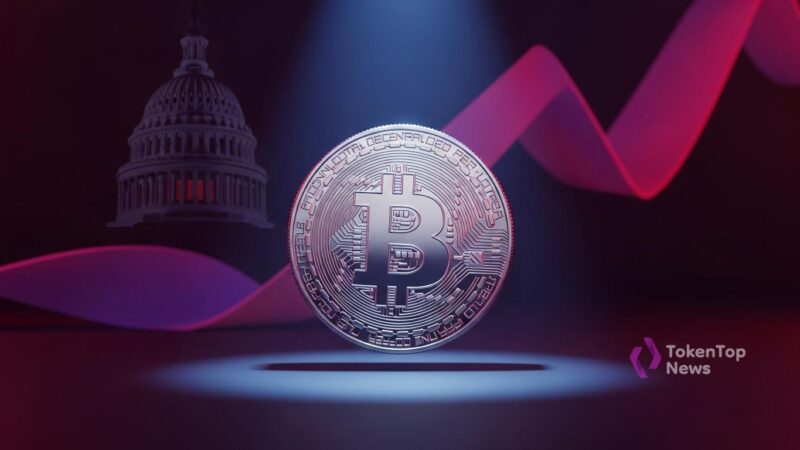Hong Kong Enacts Stablecoin Law to Enhance Regulation
- Licensing regime impacts both domestic and international stablecoin issuers.
- Bill aims to enhance Hong Kong’s virtual asset framework.
- Fosters financial innovation in the digital asset space.

Hong Kong passed the Stablecoins Bill on May 21, regulating fiat-referenced stablecoins issued domestically and abroad, under the oversight of the Hong Kong Monetary Authority (HKMA).
The legislation establishes Hong Kong as a regulated hub for stablecoins, paving the way for offshore RMB issuance and reinforcing the city’s strategic digital asset position.
The Hong Kong Monetary Authority (HKMA) leads the regulatory framework, with the new law impacting all fiat-referenced stablecoin issuers. As reported, the Government of Hong Kong passed the bill to foster financial stability and innovation, establishing strict compliance regulations. The law requires stablecoin issuers to comply with licensing, compliance, reserve, and redemption standards, setting a foundation for increased institutional involvement.
“The Government welcomed the passage of the Stablecoins Bill by the Legislative Council today (21 May) to establish a licensing regime for fiat-referenced stablecoins (FRS) issuers in Hong Kong, to further enhance Hong Kong’s regulatory framework on virtual-asset (VA) activities, thereby fostering financial stability and encouraging financial innovation.” – Hong Kong Government Official, Government of the Hong Kong Special Administrative Region
The Kowloon-based HKMA, already involved in previous virtual asset regulations, expands its reach with the new stablecoin law. The move is expected to attract institutional investors and banks interested in offshore RMB issuance. This legal pathway might stimulate investment, as previously observed in other assets under regulatory frameworks. The initiative significantly impacts fiat-referenced stablecoins like USD, HKD, and RMB, potentially increasing their flow when routed through Hong Kong-regulated intermediaries. Major cryptocurrencies such as ETH and BTC could also see effects, particularly in settlement operations.
Such regulatory steps typically lead to greater compliance and influence on regional trading volumes. Historical examples suggest that similar past initiatives have positively impacted compliant token issuance and trading for regulated platforms. Enhancing legal certainty could promote market activity and attract broader ecosystem engagement. Hong Kong’s ongoing public consultations for licensed issuers further indicate regulatory progression, with new requirements for anti-money laundering and operational practices. The full ordinance comes into force later in 2025, marking a critical transition point for digital asset regulation.




